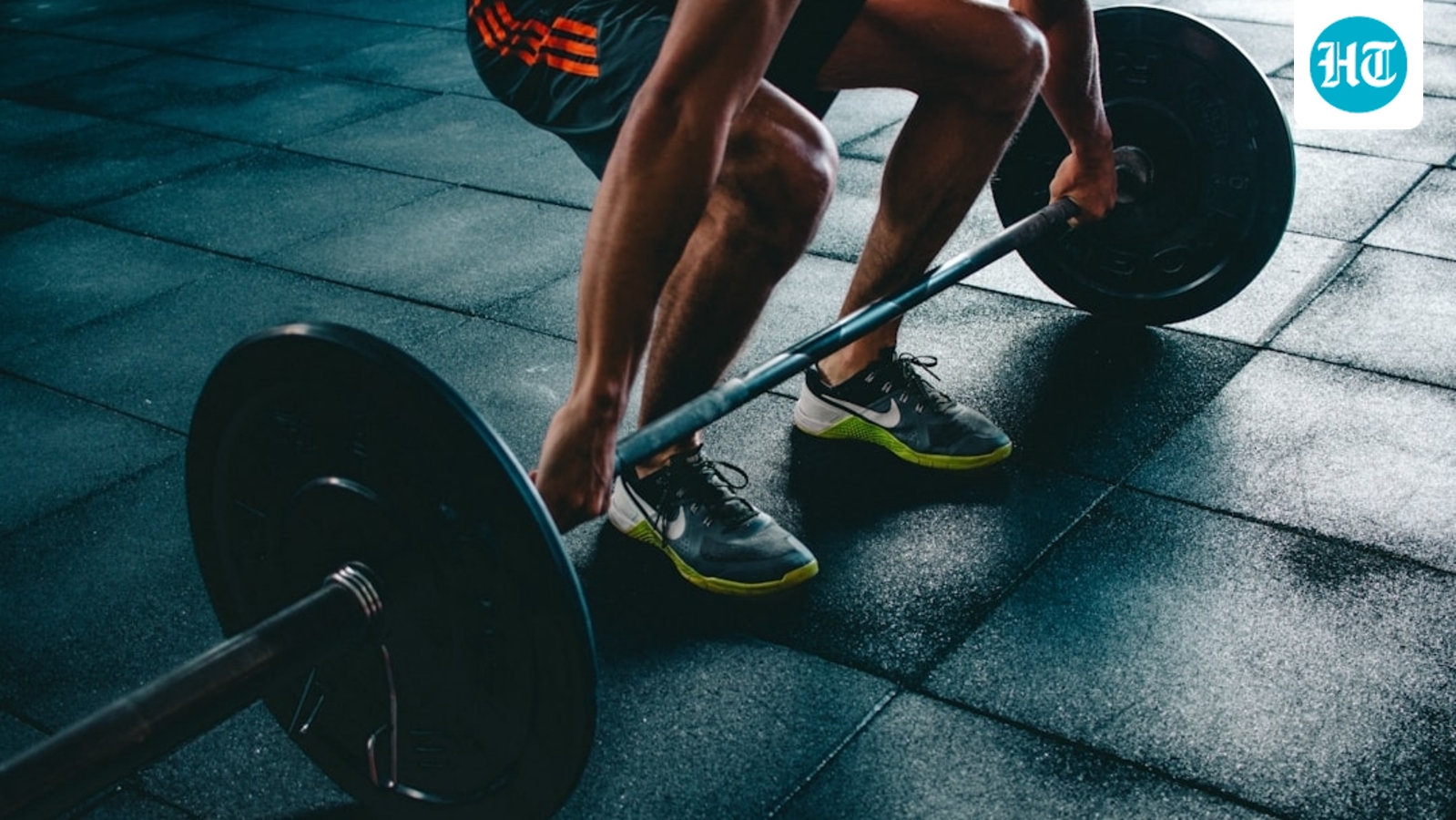Health
Fitness Coach Highlights 7 Post-Workout Mistakes That Sabotage Gains

Individuals who invest significant time and effort in their workouts may be unknowingly sabotaging their gains with poor post-exercise habits. According to fitness coach Sahil Mandot, what happens after a workout can undermine even the most rigorous training regimens. In a social media post dated November 8, Mandot outlined seven common mistakes that can hinder recovery and muscle growth.
Key Post-Workout Errors to Avoid
The first mistake Mandot identifies is consuming protein shakes devoid of carbohydrates. While protein is vital for muscle repair, he stresses the importance of combining it with carbohydrates. “You need both. Carbs with protein after your workout spike muscle protein synthesis way more than protein alone,” he explains. He suggests enhancing protein shakes with fruits or oats to introduce healthy carbs.
Another common pitfall is taking a cold shower immediately after exercising. While the urge to cool down is understandable, Mandot warns that “jumping straight into a cold shower shuts down inflammation too fast, which blunts recovery and muscle growth.” He recommends waiting four to six hours before opting for a cold shower to allow the body adequate recovery time.
Mind Your Recovery Routine
Scrolling through social media for an extended period post-workout can also be detrimental. Mandot points out that spending 45 minutes on your phone after exercise reduces blood flow, which is essential for recovery. Instead, he advocates for staying active, suggesting individuals walk on a treadmill or simply move around for 10 to 15 minutes.
Moreover, individuals often convince themselves that they deserve a “lazy day” after a tough workout. However, Mandot emphasizes that rest does not equate to total inactivity. He advises engaging in light movements, such as walking, on rest days to promote recovery.
Another frequent mistake is wearing gym clothes for too long after exercising. Mandot highlights that keeping sweat-soaked clothing on can elevate cortisol levels, which hinders recovery. A fresh set of clothes can invigorate the body and create a more conducive environment for muscle repair.
Additionally, many neglect stretching after workouts, focusing instead on post-exercise selfies. Mandot cautions that without stretching, tightness and inflammation can persist. “Stretching clears lactic acid and opens up recovery,” he notes.
Lastly, he warns against consuming alcohol soon after exercising. “That’s like washing your car, then lighting it on fire,” he remarks, illustrating the negative impact of alcohol on protein synthesis and testosterone levels. He advises moderation and awareness of timing when it comes to alcohol consumption following workouts.
In conclusion, the habits individuals form after exercising can significantly influence their fitness results. Mandot’s insights serve as a crucial reminder that a well-rounded approach to recovery is just as important as the effort put into workouts.
This article is for informational purposes only and does not substitute for professional medical advice. Always seek guidance from a qualified healthcare provider regarding any health concerns.
-

 World4 months ago
World4 months agoSBI Announces QIP Floor Price at ₹811.05 Per Share
-

 Lifestyle4 months ago
Lifestyle4 months agoCept Unveils ₹3.1 Crore Urban Mobility Plan for Sustainable Growth
-

 Science3 months ago
Science3 months agoNew Blood Group Discovered in South Indian Woman at Rotary Centre
-

 World4 months ago
World4 months agoTorrential Rains Cause Flash Flooding in New York and New Jersey
-

 Sports3 months ago
Sports3 months agoBroad Advocates for Bowling Change Ahead of Final Test Against India
-

 Top Stories4 months ago
Top Stories4 months agoKonkani Cultural Organisation to Host Pearl Jubilee in Abu Dhabi
-

 Science4 months ago
Science4 months agoNothing Headphone 1 Review: A Bold Contender in Audio Design
-

 Top Stories4 months ago
Top Stories4 months agoAir India Crash Investigation Highlights Boeing Fuel Switch Concerns
-

 Sports3 months ago
Sports3 months agoCristian Totti Retires at 19: Pressure of Fame Takes Toll
-

 Business4 months ago
Business4 months agoIndian Stock Market Rebounds: Sensex and Nifty Rise After Four-Day Decline
-

 Politics4 months ago
Politics4 months agoAbandoned Doberman Finds New Home After Journey to Prague
-

 Top Stories4 months ago
Top Stories4 months agoPatna Bank Manager Abhishek Varun Found Dead in Well









